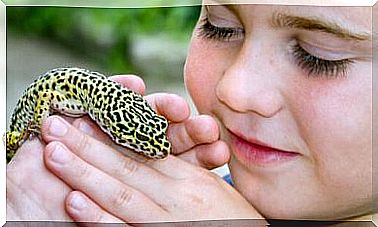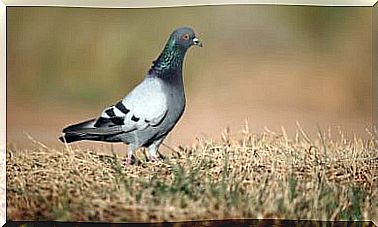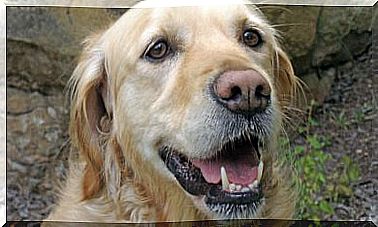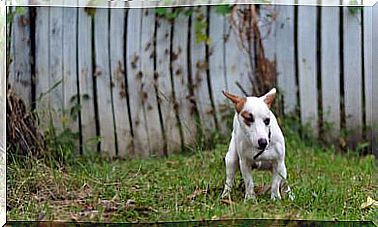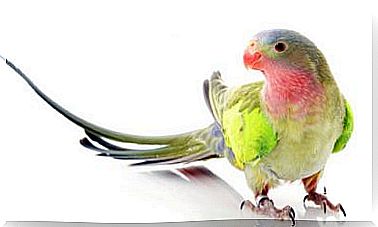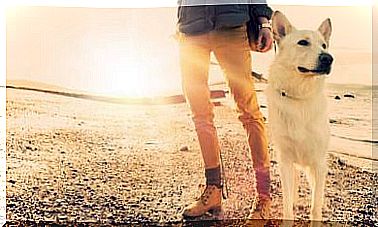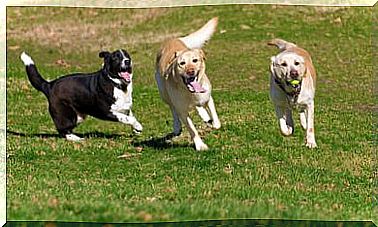What To Do If Your Child Is Afraid Of Dogs
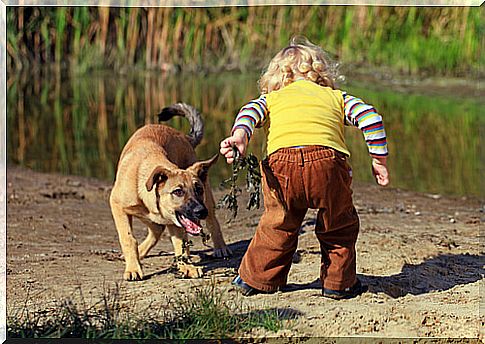
Almost all children love dogs. But some have an inordinate fear of them. If this is the case with your child, we will give you some tips and information that you should know. So you can help him with his fear of dogs and improve coexistence with our furry friends.
What causes fear of dogs in children?
Although it seems difficult to believe, fear of dogs in children is sometimes generated by things that we say to them. Just as they are afraid of monsters because we tell them things like “if you don’t obey the coconut will come”, or “the bogeyman will take you”, we have also said expressions referring to dogs.
For example, “behave well that the dog will eat you”, or “do not touch it, it bites you”. All these expressions have created a series of prejudices in the minds of children that make them turn away from the furry ones.

This will make that when the child grows up, it is the ideal candidate to develop an inordinate fear of dogs. However, the psychologist Begoña Gallego explains that if we want to persuade the little ones, we must differentiate the ways in which we use the puppies in our expressions. He affirms that it is not the same to say “if you do not eat the food the puppy will come and eat it” than to say “if you do not eat the food the puppy will come and bite you”.
When a child is afraid of dogs, they can know it. Their olfactory ability leads them to perceive pheromones at great distances. Thus, if a little one is scared, the dog will know and will also be scared. He will feel the boy as a threat and may act aggressively, which will only increase his problem.
Differences between fear and phobia
Fear and phobia are very different things, they should not be confused. The fear is generated by a logical cause. That is, if the child has had a bad experience with a dog, it is logical that the child is afraid to approach them and reject them. This would be something easy to solve by adopting a puppy from a young age and making the young person participate in its evolution.
The phobia is something else. This arises for no apparent reason and is an inordinate fear that can be generated even when seeing a photo or an image on television of this species. Phobias should be treated by a psychologist. Although in principle it could be tried with a puppy that awakens tenderness and protective instinct.
How to avoid fear of dogs in children
So that dogs do not develop fear of dogs, it is necessary to educate them from an early age. And if they are still young and are beginning to develop it, these tips will also help you. The basis is in teaching them to approach an animal.
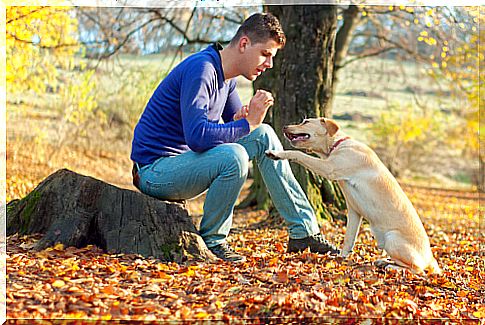
- Without running or screaming. Children are spontaneous and enthusiastic, and it is normal that if they see a dog, a species they are not used to, they want to run towards it. However, depending on the dog, it can act negatively and even aggressively and cause fear in the little ones.
- Ask the owner for permission. If your child wants to pet a dog, the first thing you should teach him is that he has to ask his owner for permission. He will be the one who can best tell whether or not he’s nice to strangers.
- Teach him to get closer. Dogs work by instinct and by their olfactory faculties, therefore the way to approach, once the owner has given permission, is to put our hand near his snout and allow him to smell us.
- Tell him what to and not to touch. As long as the dog is a stranger, the ears, neck, muzzle or tail should not be touched. These are areas that bothers them to be caressed and if they do not know us, the reaction may be worse.
